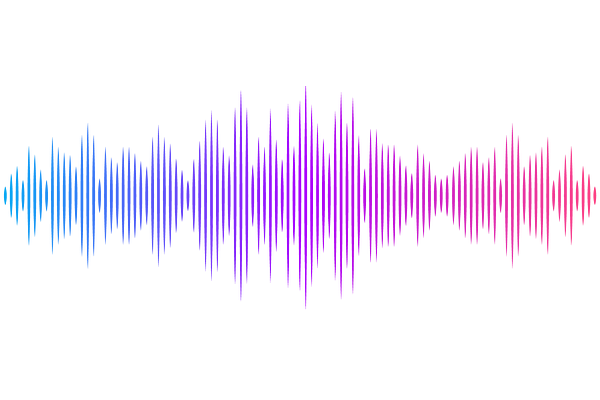Oncolytic mechanisms and immunotherapeutic potential of Newcastle disease virus in cancer therapy

Oncolytic mechanisms and immunotherapeutic potential of Newcastle disease virus in cancer therapy
Umar Ahmad, Surializa Harun, Moussa Moise Diagne, Syahril Abdullah, Khatijah Yusoff, Abhi Veerakumarasivam
AbstractNewcastle Disease Virus (NDV), classified as Avian orthoavulavirus 1 (avian paramyxovirus type 1), is a promising oncolytic agent that selectively targets and destroys cancer cells while sparing normal tissues. Its oncoselectivity exploits cancer-specific defects in antiviral defenses, particularly impaired Type I interferon signaling, and dysregulated apoptotic pathways, enabling robust viral replication and cytotoxicity in malignancies such as breast, colorectal, and melanoma. NDV induces intrinsic and extrinsic apoptosis through caspase activation and triggers immunogenic cell death via damage-associated molecular patterns, stimulating potent antitumours immune responses. Additionally, NDVs potential as a vaccine vector, expressing tumours-associated antigens, offers prospects for prophylactic and therapeutic cancer applications. This review provides a comprehensive analysis of NDVs morphology, classification, and molecular biology, focusing on its viral entry and replication mechanisms in host cells. It explores NDVs interactions with cancer cells, emphasizing its ability to induce cytotoxicity and immune activation. Understanding these mechanisms is critical for optimizing NDVs oncolytic potential and advancing its clinical translation. Future directions include enhancing NDV through genetic engineering, combining it with therapies like immune checkpoint inhibitors, and developing personalized medicine approaches tailored to tumours genomic profiles. These advancements position NDV as a versatile therapeutic agent in oncolytic virotherapy.